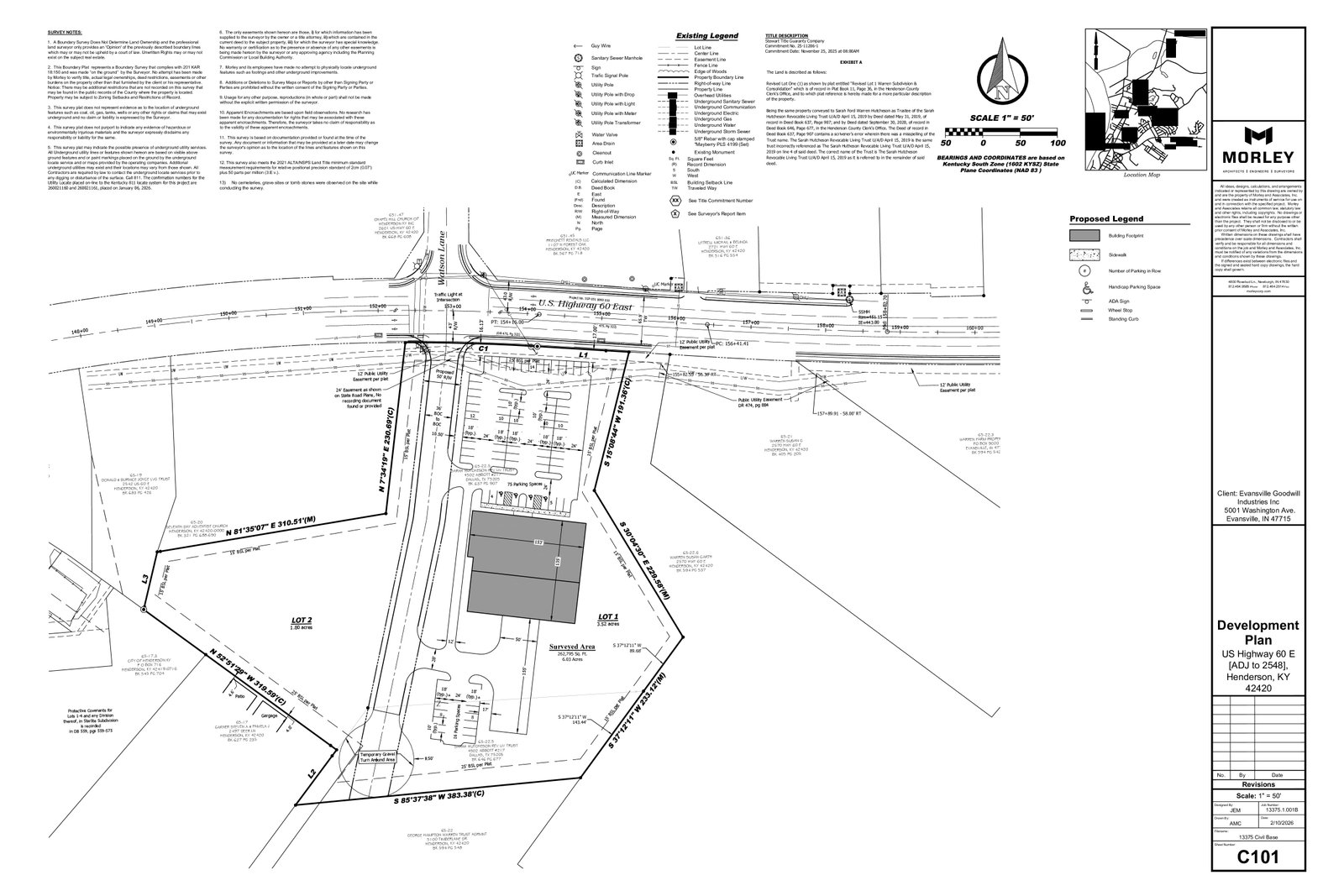(This article was first published in the November print edition of the Hendersonian.)
Forgotten in the back and forth about the effects of windmills and the rights of landowners is the tenant farmer, says Robbie Williams, a farm manager who farms for 30 landowners on more than 6,000 acres of Henderson County land.
Williams, who employs 12 people, six full-time and the rest seasonal, said those who sign leases and the company they sign with rarely take into account the farmer or his staff.
“There is often zero consideration for how things affect the tenant farmer,” he said.
Meanwhile, according to Williams, the tenant farmer is the person taking on all the risk, some owning and operating millions of dollars’ worth of equipment, which are depreciating aspects, while the landowners own the appreciating asset—the land—and spend little to nothing taking care of it. That’s the farmer’s job, he said.
“That’s the person who has the debt,” Williams said. “He’s the guy making the tractor payment.”
So, when an energy company comes in and tears up the land when putting in transmission lines across a farm, it’s up to the farmer to fix it while the energy company simply tell the farmer to send an invoice, he said, adding it sometimes takes years to get that land back in shape to farm.
Beyond the tenant farmer, there are those who work for the farmer, he said. And when productive land is taken out of use because an energy project has been built there, there’s no consideration for the tenant farmer’s employees, either, Williams said.
“Sometimes the little people don’t get due consideration,” Williams said.
Furthering William’s frustration is when transmission lines are built across farmland, sometimes making it difficult for big equipment to farm around.
Williams is not against renewable energy. In fact, his own farm and home are powered by solar panels, and he said he’s produced some $25,000 worth of surplus energy that he loans back to Kenergy, which the company can sell and goes to a longtime credit on his account to use later if he ever needs it. But he argues that his solar panels are placed in discreet locations on his property on ground that can’t be farmed.
“It’s foolish when we put utility scale renewable energy on productive agricultural land,” he said. “It’s selfish.”
Williams also objected to the argument that landowners should be able to do what they want with their land.
“I can’t spray chemicals and have it blow on neighbor’s yard and kill their gardens,” he said.
Finally, Williams said that this area of the country does not have the wind resources to warrant building a wind farm. Cordelio Energy has said that new technology of windmills doesn’t require as much wind to produce energy. Williams, however, believes that the company attempting to acquire tax credits is “equal to federal tax fraud.”



















